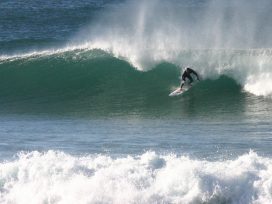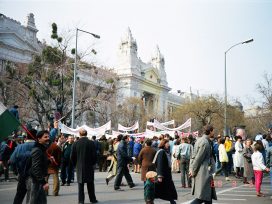
Meeting halfway
Recent Macedonian literature between tradition and innovation
Female Macedonian novelists are reversing the male dominance of the genre, writes Lidija Kapushevska-Drakulevska. In poetry, meanwhile, “a completely individualized form of expression” has developed, and it is here that the biggest innovations are being made.

